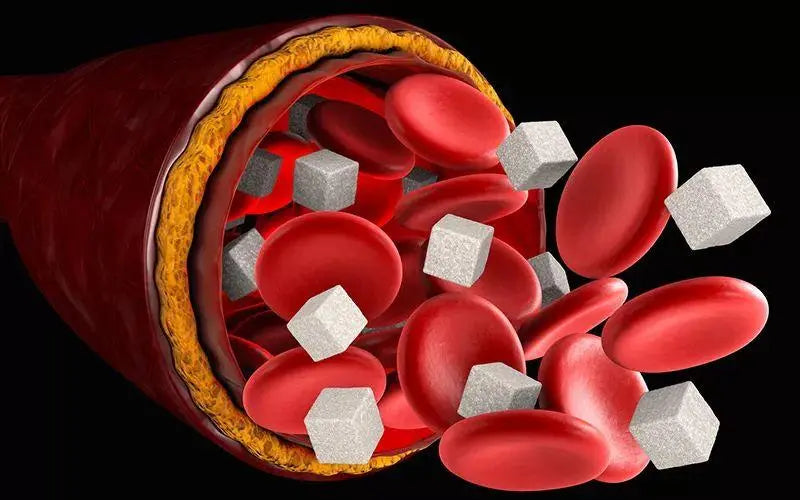People suffering from diabetes and end-stage renal failure are prone to poor peritoneal conditions. When undergoing peritoneal dialysis (commonly known as abdominal washing), they are prone to absorb the glucose in it, and the more they wash, the fatter they are. Recently, the medical field has introduced dialysis that does not contain glucose. However, due to the strict payment conditions of health insurance, some hospitals have no choice but to walk around the edge of health insurance regulations, allowing patients to use their health insurance cards but need to subsidize the difference.
Jiang Shoushan, attending physician of Nephrology Department of Xinguang Hospital, pointed out that 40% of patients with end-stage renal disease are caused by diabetes, second only to glomerulonephritis. Most patients with end-stage renal disease receive dialysis, and only 7% of them receive peritoneal dialysis , about 40% of peritoneal dialysis patients will suffer from poor peritoneal permeability due to diabetes, which will lead to excessive absorption of glucose in traditional peritoneal dialysis solution, and the extra calories will make patients easy to gain weight.
Among Jiang Shoushan’s patients with kidney disease, a 42-year-old woman was diagnosed with diabetes and end-stage renal disease. She underwent peritoneal dialysis for one and a half years and gained 15 kilograms. Later, some of them switched to corn sugar-containing dialysate, and the old and new dialysates alternated. Using it, because corn sugar is not easily absorbed by the body, the weight has dropped by two kilograms in four months, and even the control of blood sugar has improved.
However, the woman's peritoneal condition is not the worst, so she does not meet the conditions of health insurance benefits, so she uses the more expensive new generation of dialysis solution with her health insurance card, and uses two bags of dialysis solution every day, and each bag of dialysis solution is subsidized by NT$1, which is insufficient for health insurance benefits. hundred dollars.
Today, at a peritoneal dialysis patient meeting, many patients also shared their own experiences. Among them, when Li Zhengcheng learned that he was undergoing hemodialysis (commonly known as kidney dialysis, kidney washing) 22 years ago, he once wanted to commit suicide by jumping off a building. Nine years later, he had a kidney transplant, but the transplant failed in the ninth year. Four years ago, he switched to peritoneal dialysis. He said that he did not want to go to the hospital three times a week for kidney dialysis. Peritoneal dialysis allowed him to do it at home. Now " Dialysate was his holy water," and he worked hard during his more than two decades of battling kidney disease, and was voted a model worker in a state-owned enterprise.

